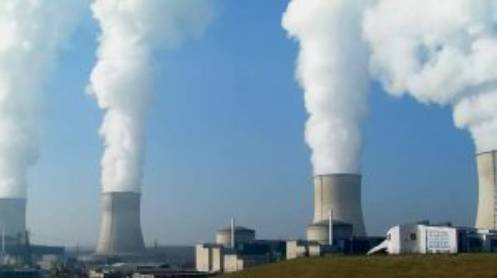In a move to address the diminishing local natural gas production, the outgoing caretaker regime has greenlit a policy allowing for the provision of Re-Gasified Liquefied Natural Gas (RLNG) to new domestic consumers and private housing societies. The decision, ratified by the Apex Committee of the Special Investment Facilitation Council (SIFC) in its 9th meeting, aims to tackle the challenge posed by plummeting local gas output, which currently stands at 3.2 billion cubic feet per day (bcfd).
According to a senior official from the Energy Ministry, directives will be issued to the northern and southern gas companies to commence RLNG connections for housing societies not currently linked to the natural gas distribution network. These connections will be provided at the full RLNG price, including transportation and distribution costs, amounting to over $12 per MMBtu (Rs3700 per MMBtu).
Approximately 200 housing societies are in need of gas connections, with the government emphasizing that local gas reserves may only meet the country’s demands for six to seven years. With around 3.3 million pending applications with gas companies, priority will be given to applicants residing in areas not connected to the existing distribution network.
However, the government clarified that RLNG connections will not be extended to applicants already linked to the local gas network to avoid potential discrimination claims. Importing 800 mmcfd of gas to fulfill all pending applications would necessitate a new LNG terminal, but for housing societies with fewer applicants, a significantly smaller RLNG supply, around 10-20 mmcfd, would suffice.
Officials reiterated that while there had been a misconception among gas companies regarding a moratorium on RLNG connections, a federal cabinet decision in 2017 imposed a ban solely on local gas connections. With this clarification, the Petroleum Division will instruct gas companies to proceed with RLNG connections for eligible housing societies, ensuring access to gas for those currently underserved by the existing distribution network.
Story by: Khalid Mustafa







